Pygmy goats are smaller in size among the other available goat breeds. They are considered as the best miniature dairy goats. Like other dairy goats, they also require access to pasture. Although pasture is not an absolute requirement for keeping Pygmy goats.
Pygmy goats will produce their maximum and do quite well, as long as they have adequate quality hay, constant supply of clean water and a well fenced area for regular exercising. But it will be better if they have access to pasture.
Pasture Requirements For Pygmy Goats
If your goats have access to pasture, then you must have to be very careful (for avoiding sickening your goats) when the grass is especially rich. Read more about pasture requirements for Pygmy goats.
Feeding
You don’t have to feed your goats supplemental feeds, when pasture is adequate. But you will need to provide supplemental feeds, if your Pygmies are in milk production.
In addition to their forage, you have to give some grain to your productive and nursing does. Usually one acre of pasture is suitable enough for keeping 3 to 4 Pygmies in fine condition.
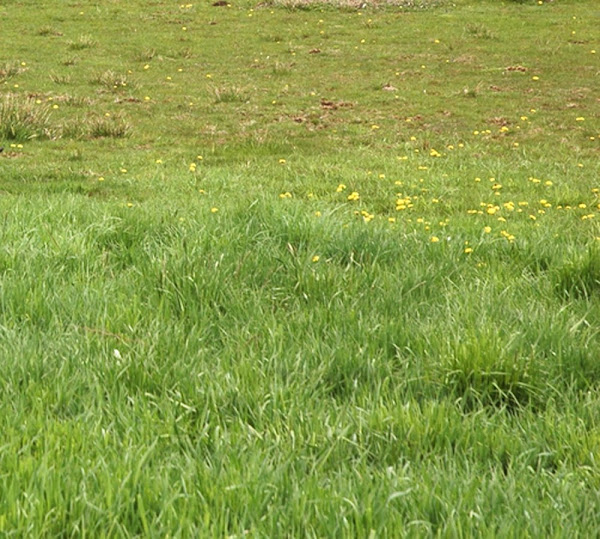
Feed your Pygmies hay along with grain, during drought or winter season. Especially pregnant, nursing and young Pygmies require hay along with grain, during this season.
Your Pygmies should also have access to a mineral block. You can use such a mineral block that is designed especially for caprine needs.
Fencing
Make a good fencing which is adequate to contain your Pygmies, whether they are in a large pasture or in a small lot. Like other goats, Pygmies are also good escape artists. But they are also vulnerable to harmful predators such as coyotes, dogs, foxes etc.
So you need to make such a fence that can keep your Pygmies in, and all types of predators out. Don’t use standard post or rail horse fencing.
Because Pygmy goats can easily get out from this type of fencing. So for protecting your Pygmies, it’s a good idea to use wire mesh along the fence line.
Some people use electric fencing for equines, but it’s not recommended for keeping your goats inside (even if you set the shock level low).
Because, you and your family member will eventually bump into that fence. So avoid electric fencing and try wire mesh along the fence line or something else.
Pasture Plantings
Your pasture should contain small sized broad-leafed plants, some kind of grasses, forbs etc. Pasture with timothy, fescue and orchard grass is good for Pygmy goats.
It will be better if the pasture contain forbs, such as the milkweed, ubiquitous dandelion and other broad-leafed plants.
Your pasture might contain browse (brush, vines etc.), especially along the fence lines. Pygmies tend to prevent weeds and brush from crowding out the grasses.
And they will consume forbs and browse before the grasses. Pygmies also eat the weeds that other livestock won’t touch.
Bloat
Usually goats expel gas regularly by belching. But life threatening bloat can result, when gas gets trapped inside the goat’s rumen. For Pygmies, try to avoid rich pasture, especially clover and alfalfa.
Frothy bloat can result by consuming these plants, occur when foam develops inside the goat’s rumen.
Rumen expands fast and causes circulatory or respiratory failure. You will literally notice your goat’s left flank swelling, that means your goat is obviously in pain.
If you notice your goat is exhibiting bloat symptoms, then call your vet as soon as possible.
Parasites
Rotate the pastures after every two weeks, for reducing potential parasite load (such as worms) in your Pygmies.
That means divide the pasture into two parts, and put your Pygmies in one field while the other field rests. For adequate feed purpose, don’t put too many goats on a pasture.
Over crowded situation on a pasture is also an ideal condition for spreading various types of parasites. If possible, then harrow your pastures on a regular basis.
Doing this will help to break up manure, kill off worms and allow it to dry. Also maintain regular deworming schedule for your Pygmies, according to your vet’s suggestion.
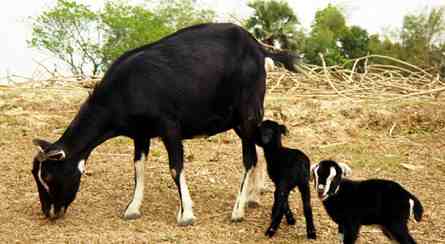
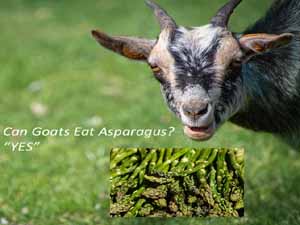
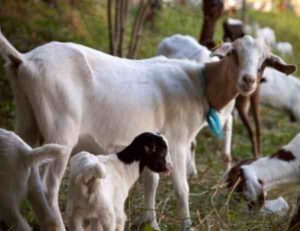
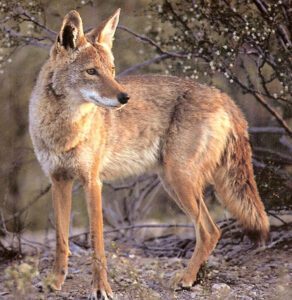
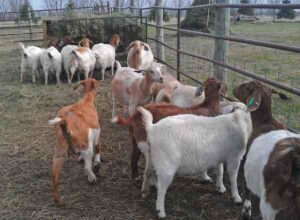
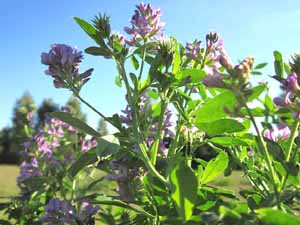
I love these goats. But unfortunately I don’t have any pasture for them.